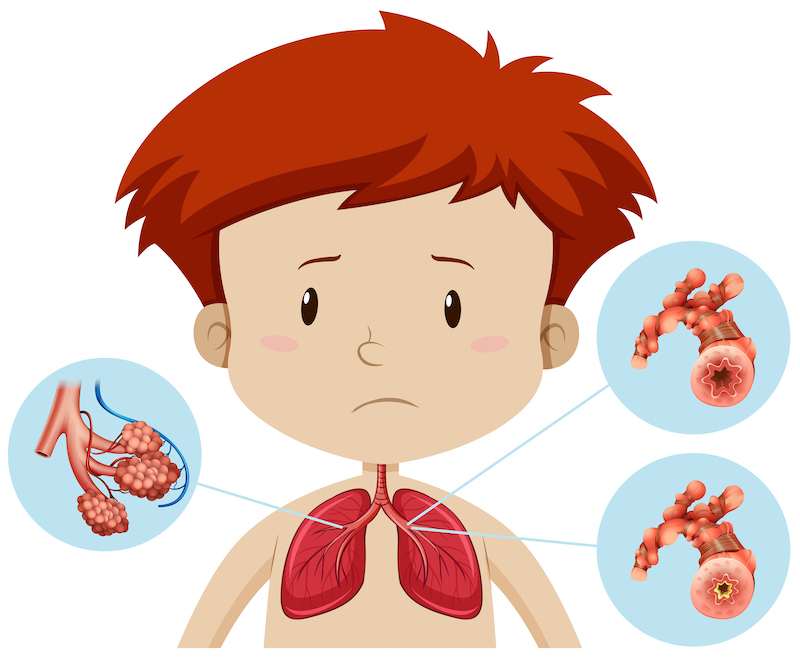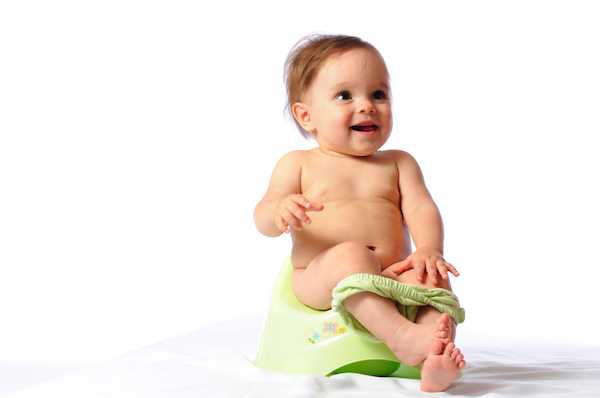Your kid will achieve numerous milestones during their first year of life, including their first smile and possibly even their first steps. But what’s on their plate is just as important as any of these historic occasions. All of your feeding decisions for your infant throughout the first year of life are critical because this is when your baby grows the most. Feeding an infant necessitates a 24-hour commitment. It’s also an opportunity to begin building a bond with your family’s newest member.
Let’s look at some of the tips for new parents to feed their newborns.
-
Keep feedings consistent.
If your baby will be fed by other family members or caregivers for part of the time, ensure they follow the same feeding patterns and practices as you.
-
Breast milk or formula.
With a few exceptions, breast milk is the best food for babies. Use infant formula if breastfeeding isn’t possible. Cereal, juice, water, and other fluids are unnecessary for healthy infants.
-
Expect changes in your newborn’s feeding portions.
Your baby will not always consume the same amount every day. Your newborn may take more at each feeding or demand to be fed more frequently during growth spurts, which usually occur two to three weeks after birth. Rather than keeping a rigorous eye on the clock, respond to early hunger symptoms.
-
Feed your newborn on cue.
Early hunger indicators include moving the hands to the mouth, smacking the lips, and sucking on fists and fingers. Later cues include fussing and sobbing. You’ll be less likely to have to soothe a cranky infant if you start each meal sooner.
Your baby may be full or merely taking a break if they stop sucking, close their mouth, or turn away from the nipple or bottle. Burp your infant or wait a minute before providing your breast or bottle to your baby again. As your baby grows older, they may be able to consume more milk in less time at each feeding.
-
Consider vitamin D supplements.
Inquire with your baby’s doctor about vitamin D supplements, particularly if you’re breastfeeding. Breast milk may be deficient in vitamin D, which aids in absorbing calcium and phosphorus, both of which are essential for strong bones.
-
Trust your instincts
You may be concerned that your baby isn’t getting enough to eat, but babies usually know just how much they require. Don’t get caught up in how much, how many, or how often your baby eats. Look for the following instead:
- Weight growth that doesn’t seem to be slowing down
- Between feedings, contentment
- Six wet diapers and three or more bowel motions per day by the fifth day after birth.
- See a doctor if your baby isn’t gaining weight, only wets six diapers per day, or isn’t interested in feedings.
-
Consider each feeding as an opportunity to bond with your baby.
During each feeding, keep your newborn close to you. Make eye contact with them. Speak in a kind tone of voice. Use each feeding to help your baby develop a sense of security, comfort, and trust.
-
Know when to ask for help.
Ask a lactation consultant or your baby’s doctor for help if you’re having problems breastfeeding, especially if every feeding is unpleasant or your baby isn’t putting on weight. If you haven’t worked with a lactation consultant before, ask your baby’s doctor to contact a local hospital’s obstetrics department.











